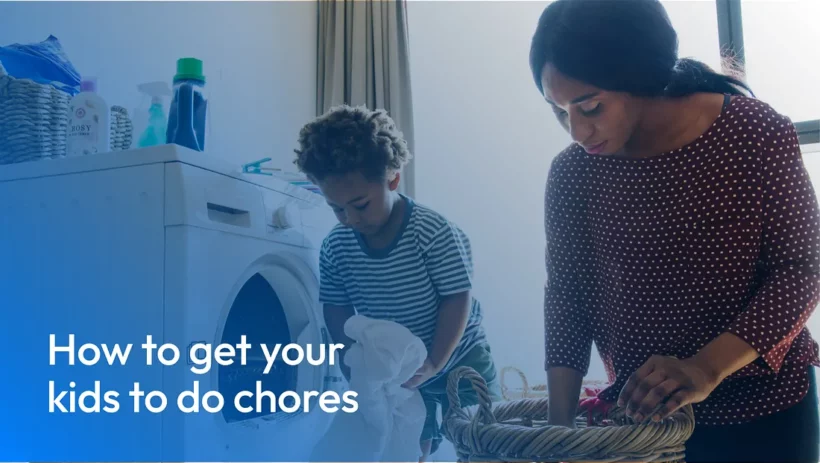
Getting your kids to do chores may sound like an easy task, but it’s a struggle most parents have faced and it’s getting worse by the generation. Kids are more interested in being on their phones and playing games than doing a chore that they feel is super boring and stressful.
Have you noticed that most of the arguments kids have with their parents start because of chores?
For example, you ask your child, “why haven’t you cleaned your room yet?” while they are playing a game, and the next thing they say is, “I’ll do it later!” or they say nothing and just ignore it. As an African parent, the next thing that comes to your mind is to shout, give a tap on their back or just wonder where you got the kid from.
But actually, the reason why kids don’t like doing chores is that:
- the household tasks are generally boring,
- It wasn’t instilled in their routine when they were younger, so they are not used to it, or
- They are not just motivated enough.
So when they are told to do chores, they start to whine, procrastinate, and drag their feet all to avoid doing the work. Chores might be a pain in the ass for a kid who has to do them or an adult who has to get the kid to them, but they are important life lessons for a child’s development.
“Our children wouldn’t become responsible unless they have responsibility. And like everything else that starts at home,” says Thomas Likonal, PhD.
If you feel like you’re tired of constantly chasing your kids to do their household chores, here are five practical steps you can take.
Create a routine chore chart
Make chores part of a routine. Structures and routines are significant in a child’s developmental stage, one keeps the child grounded and the other helps the child to get used to a specific task.
To help your kids feel invested in their chores, creating a chore chart that provides a visual schedule for what each child will do on each day of the week is very helpful; weekly check-ins are also good for reviewing expectations.
You can also let them have the opportunity to choose the chores they like and if they are new to chores, rotate the chores every day or weekly to prevent them from being bored.
Chores are not punishments
Never use chores as a punishment or as a consequence. If your kid(s) misbehaves and does something wrong, don’t give them a consequence for cleaning the house, for example. You want your child to learn that a chore is an expected responsibility to be done no matter what.
If you need punishment, you can just add to their chores making them know that work gets harder when you do something wrong.
Reward for chores
The best way to have your kids take responsibility for their chores is by rewarding them for their tasks weekly. You can start by putting a chore chart on the refrigerator/anywhere that they can see it with each child’s name on it. If they make their bed promptly and do it right, they get a checkmark. When they get five checkmarks, they get the full reward at the end of the week.
You can use digital banks for kids to automate payments with ease. A good example of a kid’s digital bank is MinieMoney, one of the most anticipated features on our app is called EarnIT, where kids can get allowances or get stipends for completing tasks. You also get to rate the work your kids have done, so that you don’t end up paying when your kids barely try.
When kids don’t end up doing the chores or do it badly, they wouldn’t get their reward and if they do it poorly they get part of it. This teaches them accountability and pushes them to do better next week.
Getting your child to do chores becomes a battle when you allow it to grow into one. If you keep telling them to do their chores daily and aren’t doing it, then you need to figure out how to end the battle.
If you don’t end the battle, you get caught in a nagging cycle. And the problem with nagging, of course, is that it doesn’t work. So, replace your nagging with the tips above and put an end to the chore battle once and for all.

Leave a Reply